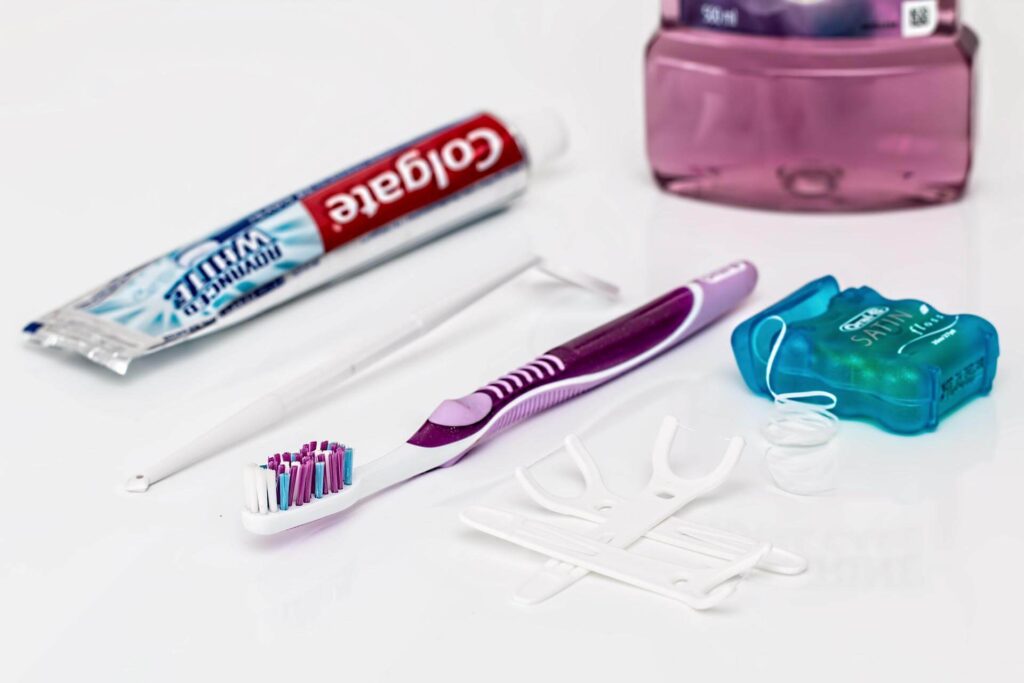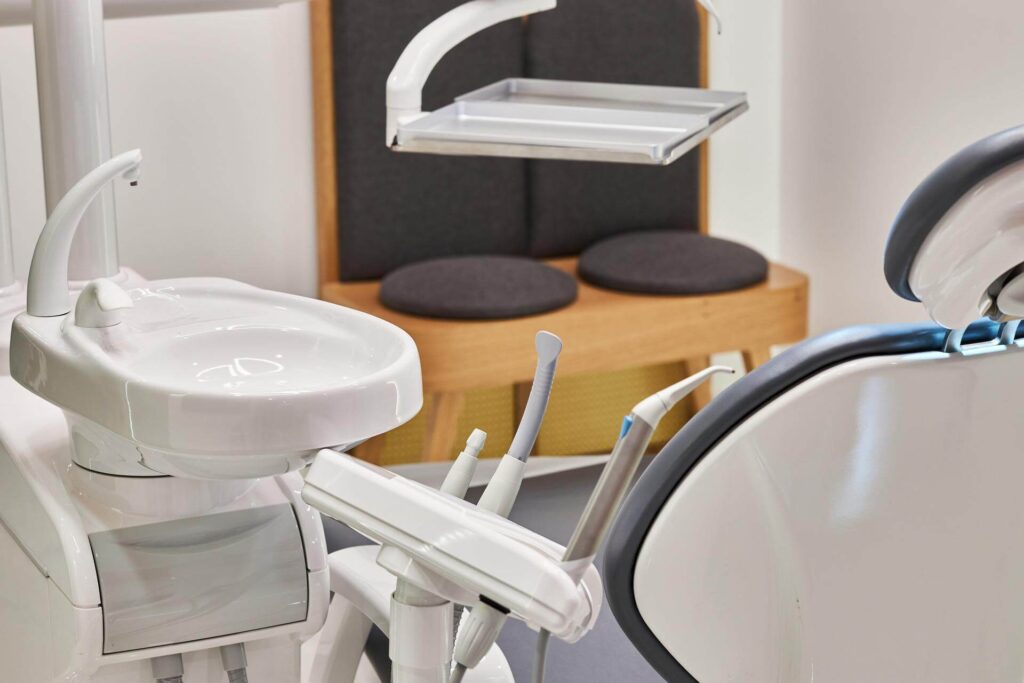Sometimes we take our health for granted. One of the biggest threats to our health is dental disease, which can start out as a relatively minor issue, like tooth sensitivity, and eventually turn into a much more serious problem. Learn about the signs that indicate an emergency and the steps you should take if your teeth have been hurting for a few days or weeks!
Do You Have A Dental Emergency?
- Your teeth are throbbing or aching so much that you can’t eat or drink comfortably.
- You see blood or pus coming from your mouth.
- You have a deep pain in one or more of your teeth.
- You have difficulty opening your mouth wide enough to see inside it.
Common Causes Of Pain In The Mouth
If you’re experiencing tooth pain, there are a few things you can do to determine the cause. Here are some of the most common reasons why teeth may hurt:
TMJ (temporomandibular joint) disorder
This is a common problem that occurs when the joint that connects your jawbone to your skull (the temporomandibular joint) doesn’t work correctly. This can lead to pain in the mouth, neck and head. The most common cause of TMJ disorder is arthritis.
Dentures
If you had dentures put in, they might be causing pain. Dentures usually fit very well and don’t require much adjustment, but occasionally they can become loose or move around. If this is the case, you might need to have them tightened or replaced.
Infection
Oral infection can cause pain in any part of the mouth, including the teeth. The most common type of infection is strep throat. Other causes of oral infection include dental work (probing and filling), colds, sinus infections, and cavities. Treatment for infections often includes antibiotics prescribed by your doctor.
Toothache
Toothaches are a common pain. The tooth and or jaw can be sore. There may not be any other symptoms at all, or you may have fever, swelling, and pain in the jaw or head. Symptoms of an infection called brucellosis, which is caused by bacteria from cattle (think hamburgers) usually include fevers, headache, fatigue, and joint pain.

Common Treatments For Dental Pain
If you’re feeling pain in your teeth, there are a few things you can do to try and relieve it. Sometimes, simple solutions like eating healthy foods or flossing regularly can work to reduce the amount of tooth pain you experience.
Other times, you might need to see a dentist for treatment. Here are some common treatments for dental pain:
Over-The-Counter Medications
Over-the-counter medications like ibuprofen or acetaminophen can help to relieve pain from a toothache or other tooth problems. Follow the directions on the package carefully though, as overdoses can be dangerous.
Acupuncture
Acupuncture is often used to treat dental pain. The needles are used to stimulate points on the body that are believed to alleviate pain. It may not work for everyone, but it’s an option worth considering if traditional medications don’t work.
Dental Trauma
If dental trauma is causing your pain, your dentist may recommend an oral bite splint. These devices accommodate your teeth and jaw, preventing biting forces from producing the same pain in your mouth.
Ice Chips
Chewing ice chips or sucking on a cold drink can help numb the area around the tooth.
Cold Compress
Putting a cold pack on the tooth for 10 minutes every two hours can help reduce inflammation and pain.

Final Thoughts
If your teeth hurt, it’s probably not a good sign. In fact, if you’re experiencing any of the following symptoms, it might be time to schedule an appointment with your dentist:
- You have a pain that lasts for more than two hours.
- Your pain comes and goes.
- You have difficulty chewing or drinking.
- The pain is severe enough to keep you from performing daily activities.
The best way to determine if you should go see a dentist is to consult with one. If the toothache doesn’t subside within three days or if it becomes unbearable, then you may need professional help. Be sure to also contact your employer’s dental insurance provider in order to find out what benefits are available for employees who require dental care.
